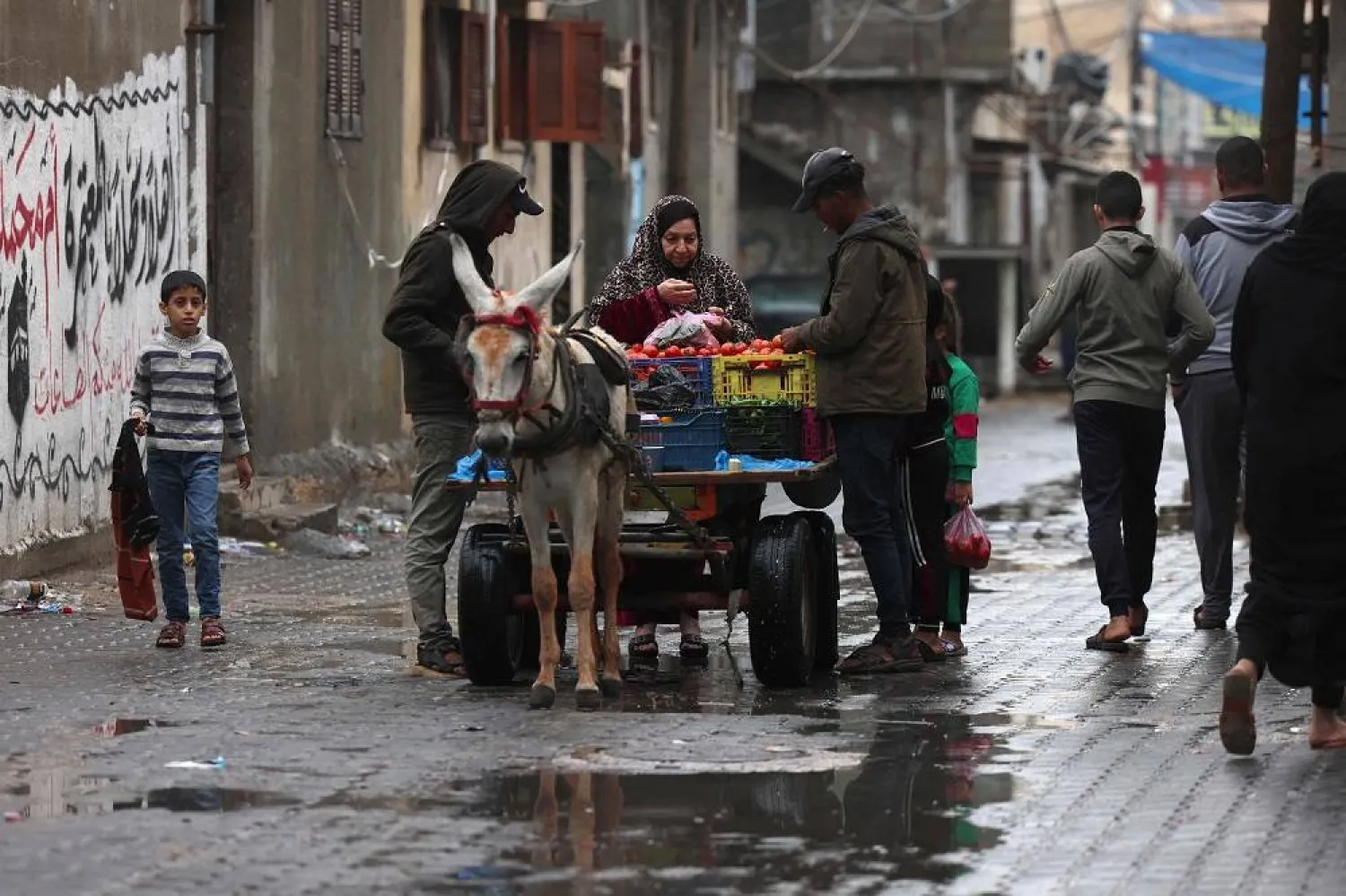The first truck to deliver fuel to the Gaza Strip since Israel imposed a total siege on the enclave in its war with Hamas began crossing from Egypt on Wednesday, two Egyptian security sources said.
The delivery was made possible by Israel giving its approval for 24,000 liters (6,340 gallons) of diesel fuel to be allowed into Gaza for use by UN aid distribution trucks, but not for use at hospitals, according to a humanitarian source.
Limited deliveries of humanitarian aid have been crossing from Egypt into Gaza since Oct. 21, but Israel had refused to allow in fuel, saying Hamas held plentiful stocks.
The United Nations had warned in recent days that it would soon have to halt humanitarian operations, including the distribution of relief within Gaza, as its fuel stocks became fully depleted.
Aid workers say a lack of fuel, which is needed for hospital generators and provision of water as well as the distribution of relief, has contributed to a sharp deterioration of conditions for Gaza's 2.3 million residents.
The initial delivery of 24,000 liters of fuel was intended to be carried out over two days, with 12,000 liters allocated for each day, an international source with knowledge of the operation said.
"This is not enough for anything - not for hospitals, not even for aid deliveries," said the source, speaking on condition of anonymity. "It's meant to be enough only to bring some of the aid that has been outside -- and got rained on for example -- indoors to the warehouses."
Witnesses said two other trucks were lined up on the Egyptian side of the Rafah crossing and waiting to drive into Gaza, but it was unclear when they might enter.
Israel began its military campaign to wipe out Hamas after Hamas fighters crossed into southern Israel on Oct. 7. Israel says 1,200 people were killed and some 240 captives taken in the attack. Gaza health officials say more than 11,000 Palestinians have been confirmed killed in Israel's military offensive.









